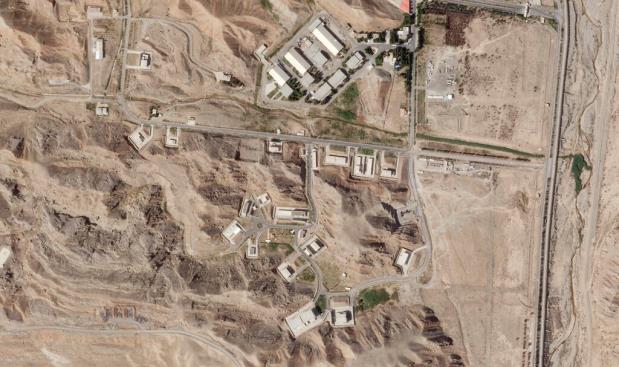Spain is currently grappling with a catastrophic flooding crisis, marking one of the worst disasters in decades. As torrential rains ravaged the eastern province of Valencia and beyond, the death toll has risen to at least 95 individuals, with numerous others still missing.
The relentless downpour on Tuesday triggered flash floods, washing away bridges and buildings, leaving residents stranded and struggling to survive by seeking refuge on rooftops or clinging to trees.
Prime Minister Pedro Sánchez has declared three days of national mourning in response to the widespread devastation caused by the flooding.
The extreme weather conditions persist, hampering rescue operations and raising concerns that the death toll may escalate further due to the significant number of missing individuals.
The government is working tirelessly to address the unfolding crisis and assist those affected by the disaster.
Reports indicate that Valencia bore the brunt of the disaster, with 92 confirmed fatalities in the region. Additional casualties were reported in Castilla-La Mancha and Málaga, including a British man who tragically lost his life.
The scale of the flooding catastrophe in Spain has not been witnessed since 1973, underscoring the severity of the current situation.
Prime Minister Sánchez, in a national address, emphasized the importance of remaining vigilant and assured the nation of a comprehensive recovery effort, expressing solidarity with the victims of the tragedy.
Heroic rescues and harrowing escapes
The onset of the flooding caught many by surprise, transforming streets and highways into raging rivers and submerging vehicles.
Survivors recounted harrowing experiences of being swept away by sudden surges of water, prompting dramatic rescue missions by Spanish army and emergency teams.
Accounts of bravery and survival emerged, including instances where individuals formed human chains to navigate through the deluge and escape to safety. The rapid response of rescue crews and the resilience of affected communities have been pivotal in the face of this natural disaster.
Amidst the unfolding crisis, criticisms have surfaced regarding the timeliness of disaster response efforts. Concerns have been raised about the delayed issuance of alerts by disaster relief authorities, potentially impeding evacuation measures and exacerbating the impact of the floods.
Additionally, debates have emerged regarding the dismantling of critical emergency units, raising questions about preparedness and response strategies in the face of natural calamities.
Mobilizing resources
As Spain mobilizes resources to address the aftermath of the flooding, international support has poured in, with the European Union activating its Copernicus satellite system to aid in rescue operations.
The unprecedented nature of the flooding event has underscored the influence of climate change, with experts linking the intensification of rainfall to global warming.
The warming atmosphere, fueled by climate change, is identified as a key factor contributing to extreme weather events such as the recent flooding in Spain.
Urgent action to mitigate climate change and its repercussions is imperative to prevent further escalation of such disasters in the future.
Check also;
This is not a Paywall, but Newslex Point's journalism consumes a lot of time, hard-work and money. That's why we're kindly requesting you to support us in anyway they can, for as little as $1 or more, you can support us .Please use the button below to contribute to Newslex Point, Inc. using a credit card or via PayPal.

 Newslex Point News in Uganda, Uganda news
Newslex Point News in Uganda, Uganda news











